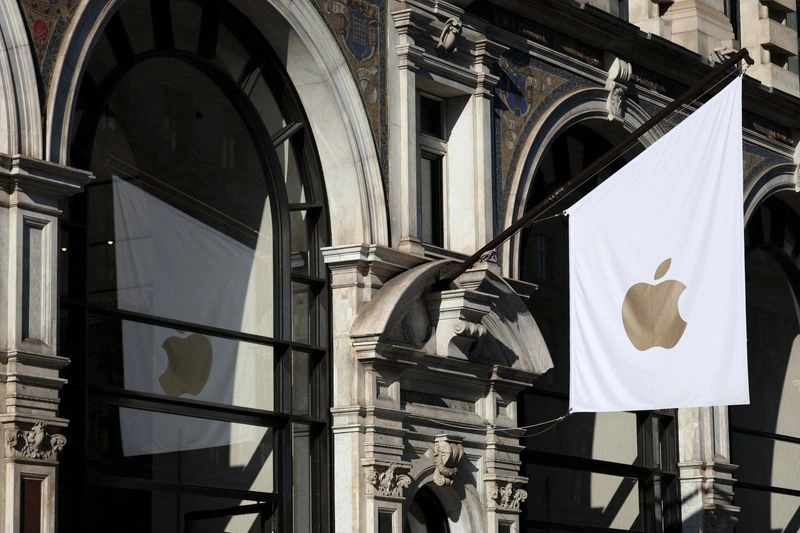A secret London court hearing, reportedly linked to Apple’s (NASDAQ:AAPL) appeal against a controversial UK government order to weaken its encrypted cloud storage, took place behind closed doors on Friday, barring media access despite formal requests.
In February, The Washington Post reported that Britain had issued a “technical capability notice” (TCN) to Apple, compelling it to provide access to encrypted messages and photos—even for users outside the UK. In response, Apple withdrew its most advanced security encryption, known as Advanced Data Protection, for new users in Britain.
The case remains shrouded in secrecy, with neither Apple nor the British government publicly confirming the issuance of the TCN. However, the BBC reported that a hearing labeled simply as “an application in private” at the Investigatory Powers Tribunal was, in fact, Apple’s appeal against the order.
While it remains unclear which parties were officially involved, top government lawyer James Eadie, who handles the UK’s most sensitive legal cases, attended the proceedings but declined to comment. Apple has also not responded to media inquiries.
Media and Civil Rights Groups Condemn Secrecy
A coalition of 10 major media organizations, including Reuters and the BBC, formally requested the case be heard in public. However, their legal representative was not permitted to argue the request in court, and no reporters were allowed entry. The session concluded after approximately six hours.
Two prominent civil rights organizations, Privacy International and Liberty, have strongly opposed the secrecy surrounding the case and the issuance of the TCN itself. Caroline Wilson Palow, Legal Director at Privacy International, called the situation “unacceptable and disproportionate.”
“People worldwide rely on end-to-end encryption for safety against harassment and oppression. No country should have the power to weaken that protection for everyone,” she stated.
The Global Encryption Battle Intensifies
The long-standing conflict between governments and tech companies over encryption has intensified, with law enforcement agencies arguing that strong encryption impedes criminal investigations into terrorism, child exploitation, and other serious offenses. However, the UK’s demands are viewed as particularly far-reaching.
“We told them you can’t do this,” former U.S. President Donald Trump told The Spectator last month in reference to the UK’s request. “That’s something … that you hear about in China.”
The U.S. government is also investigating whether Britain’s actions breached a bilateral agreement, specifically the CLOUD Act, which prohibits either country from demanding access to the data of each other’s citizens without legal authorization.
Despite mounting criticism, Britain’s Home Office (interior ministry) has declined to comment. Security Minister Dan Jarvis told Parliament last month that the government follows a policy of “neither confirming nor denying” the existence of TCNs.
“The idea that privacy and security are in conflict is a false choice; we can and must have both,” he asserted.
As scrutiny intensifies, Apple’s battle against the UK’s encryption backdoor demand could set a major precedent for global digital privacy rights. Tech companies, governments, and civil liberties advocates worldwide are watching closely to see how this legal showdown unfolds.



